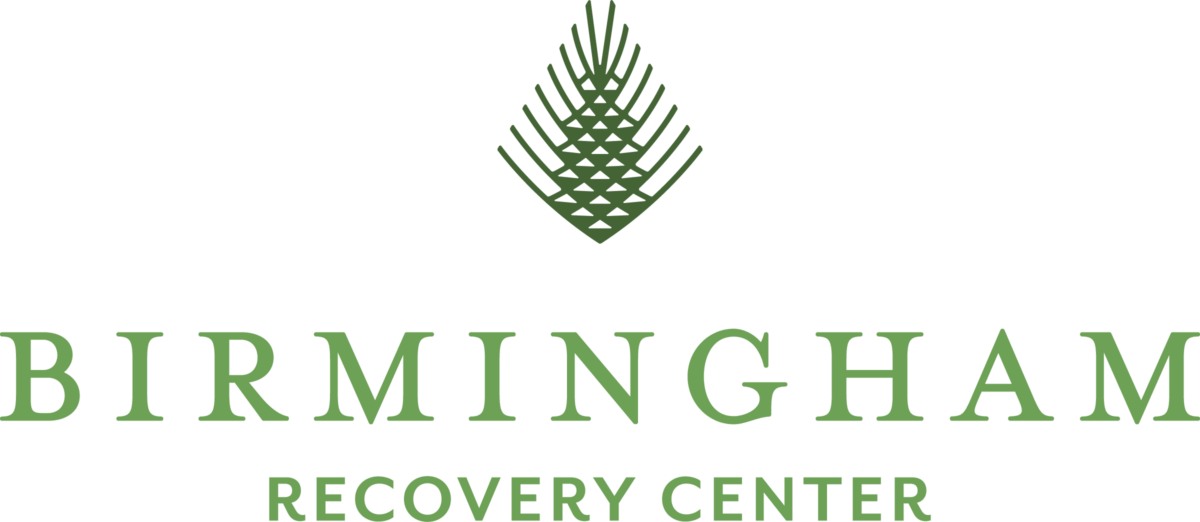People who are addicted to drinking are more likely to smoke cigarettes. Nicotine boosts the pleasure of drinking, and alcohol increases the desire to smoke. Combining them makes people feel even better about drinking and smoking. However, if you decide to quit both, it may be hard because you’re trying to quit two substances at once. And the withdrawal symptoms of alcohol and smoking can be challenging. Here’s what you need to know about smoking and alcohol withdrawal symptoms.
Effects of Alcohol and Nicotine
Alcohol and tobacco use are both addictive substances. People who drink alcohol or smoke cigarettes may experience withdrawal symptoms if they stop using them. There is some evidence that people who use both substances concurrently are more likely to become addicted versus those who use only one or the other.
Smoking cigarettes is dangerous because it causes cancer. Drinking alcohol is also harmful because it leads to liver disease. People who smoke and drink are more likely to suffer from depression. Quitting smoking and drinking helps people recover from these problems.
Evidence based treatments include cognitive behavioral therapy, motivational interviewing, contingency management, and pharmacotherapy.
At Birmingham Recovery Center we design programs specific to each patient. We understand that a one-size-fits-all approach doesn’t work for everyone. Every patient is treated uniquely, given a program customized to fit them.
Detoxing from Alcohol and Cigarettes
There’s no doubt about the highly addictive nature of alcohol and cigarettes, so it makes sense that you might experience withdrawal symptoms from both smoking or drinking while going through detox.
Withdrawal symptoms from alcohol can include tremors, extreme fear, hallucinations, and seizures. This can cause the client to need immediate medical care.
Withdrawal symptoms from smoking can include irritability, anxiety, headaches, and insomnia.
The good news is that when you enter into our facility, you will have access to medical professionals who specialize in treating alcoholism and nicotine dependence. You’ll receive individualized care designed for your needs.
Alcohol Addiction
The first step to quitting drinking is to understand why you started in the first place. If you began drinking to cope with stress, anxiety, depression, loneliness, boredom, or any number of other issues, it may not be necessary to quit drinking altogether. Instead, focus on reducing your intake of alcohol.
What Is Alcohol Withdrawal?
Alcohol withdrawal is a common problem among heavy drinkers. People who drink often suffer severe headaches, tremors, nausea, vomiting, diarrhea, insomnia, and other unpleasant side effects. Withdrawal symptoms such as these may discourage addicts from quitting.
Addiction Withdrawal Symptoms
Withdrawal symptoms include irritability, anxiety, restlessness, insomnia, and craving. These can be treated by using medications such as methadone, buprenorphine, naltrexone, and suboxone. Supportive therapy includes behavioral counseling, 12 step programs, and peer groups.
People who use drugs or alcohol usually become physically dependent on them. They experience withdrawal symptoms if they stop using them. Some people believe they need drugs or alcohol to function. These people are psychologically addicted to them.
Tobacco Addiction
Quitting smoking often requires an external force. People who try to quit by themselves usually fail. Those who realize that willpower isn’t enough to quit smoking are more likely to succeed.
Quitting smoking is hard, but there are lots of ways to do it. People can join online forums or chat rooms to talk about how they’re doing. There are also plenty of books and nicotine replacement products out there to research, if you want to learn more about quitting.
What Is Nicotine Withdrawal
Nicotine withdrawal technically begins as soon as the addict has her last smoke. Physical and psychological symptoms usually take a bit longer to manifest.
The nicotine withdrawal symptoms can last anywhere from three days to several weeks after quitting smoking. In some cases, they may be so severe that it takes months before a person feels “normal” again.
Contributors to Tobacco Addiction
Nicotine isn’t the only thing in tobacco that makes people addicted to it. There are other chemicals in tobacco that make people want more of it. People who smoke also have lower levels of monoamine oxidases (MAO), and there are fewer MAO binding sites in their brains than non-smokers.
This change is likely caused by an unknown ingredient in tobacco smoke other than nicotine. Nicotine itself doesn’t make you crave cigarettes. More research needs to be done to see if MAO inhibitors affect human smoking behavior.
Acetaldehyde is an addictive substance found in tobacco. Research shows that it makes smoking more rewarding.
Treatments for Quitting Tobacco
When you want to quit smoking, your doctor can prescribe nicotine replacement therapy (NRT) containing a small amount of nicotine. NRT helps curb cravings for cigarettes and reduces withdrawal symptoms. Your healthcare provider may also recommend counseling or behavioral therapy to help you stop smoking.
Nicotine replacement therapy is available as skin patches, lozenges, inhalers, nasal sprays and oral inhalers. Nicotine replacement therapy is available over-the-counter and by prescription. Other medications used to treat nicotine withdrawal symptoms include antidepressants such as bupropion (Zyban), and other medications including Chantix.
Nicotine replacement therapy and other medications used to help people stop smoking only help with physical dependence. You still need to deal with the emotional and mental aspect of stopping smoking. There are also some ways to help you cope with the stress of quitting.
Call Birmingham Recovery Center for more information: (205) 813-7400
How to Detox From Alcohol and Cigarettes
Alcoholics should seek help from doctors who specialize in treating alcohol addiction. These professionals already know how to treat alcohol withdrawal. People who quit drinking often turn to other drugs such as nicotine to cope with the stress of stopping alcohol use.
People who rely on cigarettes as a coping mechanism may be more likely to relapse after quitting. To quit smoking, you might need a rehabilitation center. You can also get help quitting drinking by going to a rehab program.
When quitting smoking or drinking, there are many things you should consider. You need to think about whether you want to use NRT such as patches, gums, inhalers or lozenges. You also need to decide if you want to take medications to help you quit. Your doctor may recommend certain medications to help you quit, but you may choose to try other options. For example, you could try acupuncture or hypnosis.
Alcohol and Smoking Rehab Alabama
Don’t wait or make excuses. The hardest part of getting help is asking. At Birmingham Recovery Center our philosophy is simple: Treat the addiction and help the patient live a better life. This holistic approach is what makes us different.
Addiction treatment is available at Birmingham Recovery Center
To get immediate help call now: (205) 813-7400
Frequently Asked Questions
Do all tobacco products contain nicotine?
All tobacco products contain an addictive drug called nicotine. Cigarettes, cigars, smokeless tobaccos, hookahs and electronic cigarettes contain nicotine.
When do nicotine withdrawal symptoms begin?
Symptoms often present within hours of quitting. Symptoms include headaches, irritability, insomnia, anxiety, depression, restlessness, and difficulty concentrating.
How long do nicotine withdrawal symptoms last?
Symptoms of nicotine withdrawal include headaches, irritability, difficulty sleeping, and cravings for cigarettes. Headaches usually occur within 24 hours of quitting smoking. Cravings for cigarettes may be worse during the first week after you quit smoking. You should expect your symptoms to get a little better each day. These symptoms usually improve in a week or so.

